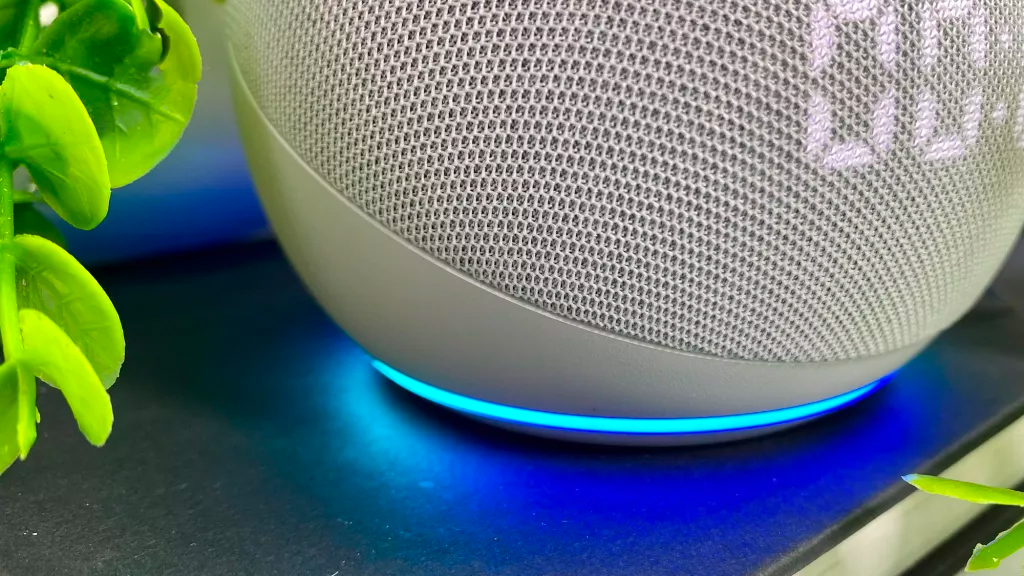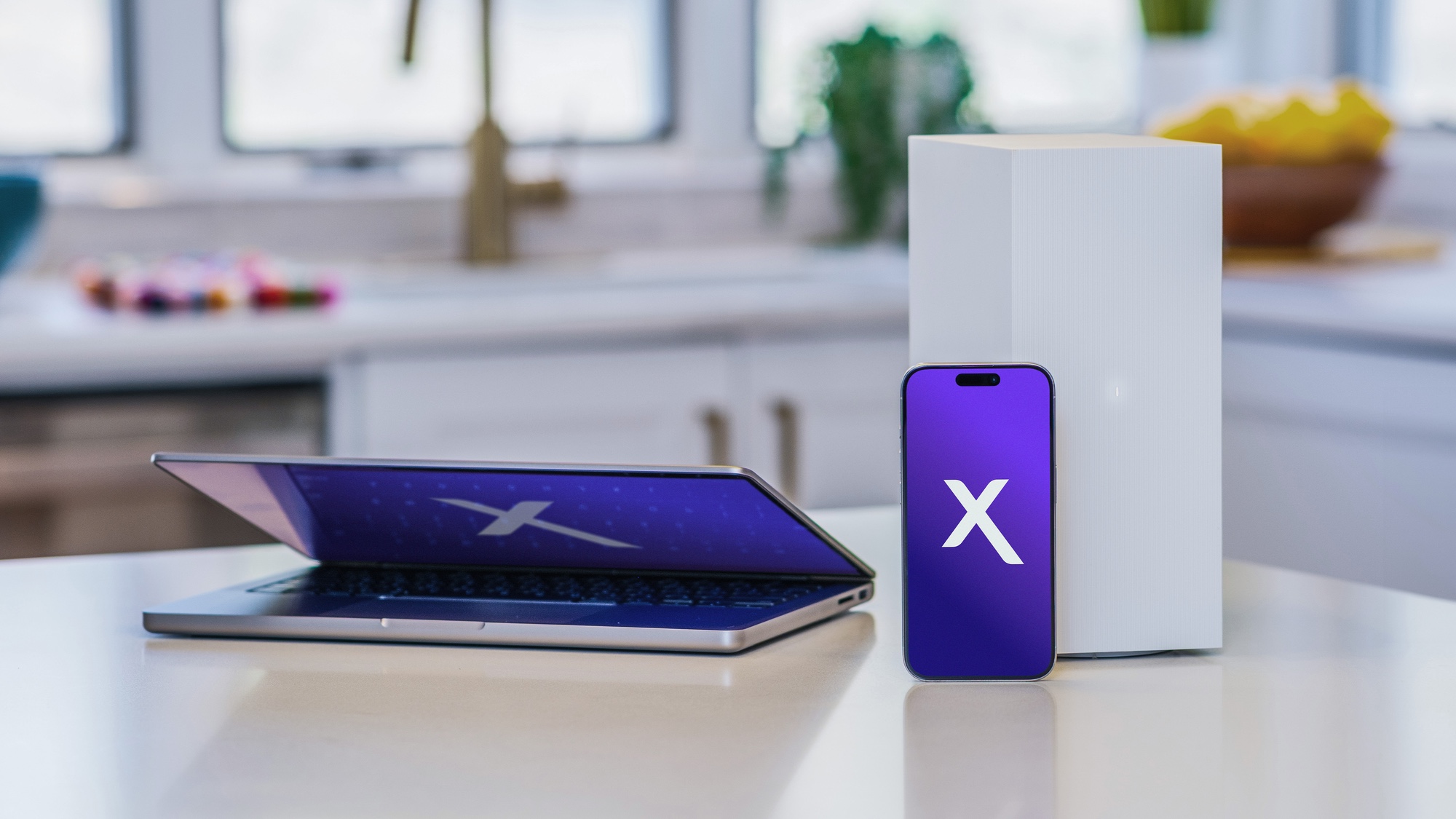Alexa tells 10-year-old to touch penny to outlet — AI just got dangerous
Touching a penny to an electrical outlet should never be an option

Lost in all the other bad news this week around the Omicron variant, Amazon’s Alexa actually told a 10-year-old girl to touch a penny to an exposed electrical outlet.
When asked for a challenge by the child, Alexa said the following, according to the mother, Kristin Livdahl, who posted Alexa’s response on Twitter.
"Here's something I found on the web. According to ourcommunitynow.com: The challenge is simple: plug in a phone charger about halfway into a wall outlet, then touch a penny to the exposed prongs.”
This is an extremely dangerous suggestion and is apparently based on a TikTok challenge that trended during 2020. As reported by CNBC, inserting metal coins into a socket can result in violent electric shocks and fires. There have been reports of people losing fingers and hands from taking this challenge.
OMFG My 10 year old just asked Alexa on our Echo for a challenge and this is what she said. pic.twitter.com/HgGgrLbdS8December 26, 2021
The good news in this case is that the mother says she “was right there,” and that no one attempted this challenge. Livdahl also said that “we had another good conversation from the internet or Alexa.”
If you look at Alexa's concerning response, the source of the information is not Amazon itself but is pulled from OurCommunityNow.com. That said, Amazon is still responsible because Alexa said the words. And I would hate to think what could have happened if the child had been alone in that room at the time.
As reported by CNN, Amazon says it has since resolved the fault and provided a predictable statement:
"Customer trust is at the center of everything we do and Alexa is designed to provide accurate, relevant, and helpful information to customers. As soon as we became aware of this error, we quickly fixed it, and will continue to advance our systems to help prevent similar responses in the future.”
That doesn’t go far enough. How did Amazon allow this advice to get through in the first place? And what sort of vetting if any is done for the safety and accuracy of advice that’s coming from third parties? The "here's something I found on the web" disclaimer doesn't absolve Amazon of responsibility.
To be fair, there are lots of great and useful Alexa skills, but I would strongly suggest that Amazon allow users to disable Alexa suggestions found on the web altogether. And I also think that Amazon should outline the exact steps it took to correct this issue and what it’s doing to prevent any situations like this in the future.
Amazon already sells Echo devices designed for kids with fun designs like tigers and pandas, and they come with parental controls built in. But in many households Alexa speakers are found in common areas where anyone can speak to the assistant and get potentially dangerous advice.
My 14-year-old own son often uses Alexa to play various games, such as Guess Who, Jeopardy, Who Wants to Be a Millionaire and 20 Questions. And I’m usually within earshot, but not always.
This incident makes me wonder if Amazon should give parents the option of limiting the voice to just the parent using voice match technology. Or at the very least I’d like to see much more transparency around what Amazon is doing to enhance child and user safety within Alexa.
I don't know about you, but to me this raises serious questions about trust not just in Alexa but AI in general.
Sign up to get the BEST of Tom's Guide direct to your inbox.
Get instant access to breaking news, the hottest reviews, great deals and helpful tips.
Mark Spoonauer is the global editor in chief of Tom's Guide and has covered technology for over 20 years. In addition to overseeing the direction of Tom's Guide, Mark specializes in covering all things mobile, having reviewed dozens of smartphones and other gadgets. He has spoken at key industry events and appears regularly on TV to discuss the latest trends, including Cheddar, Fox Business and other outlets. Mark was previously editor in chief of Laptop Mag, and his work has appeared in Wired, Popular Science and Inc. Follow him on Twitter at @mspoonauer.

